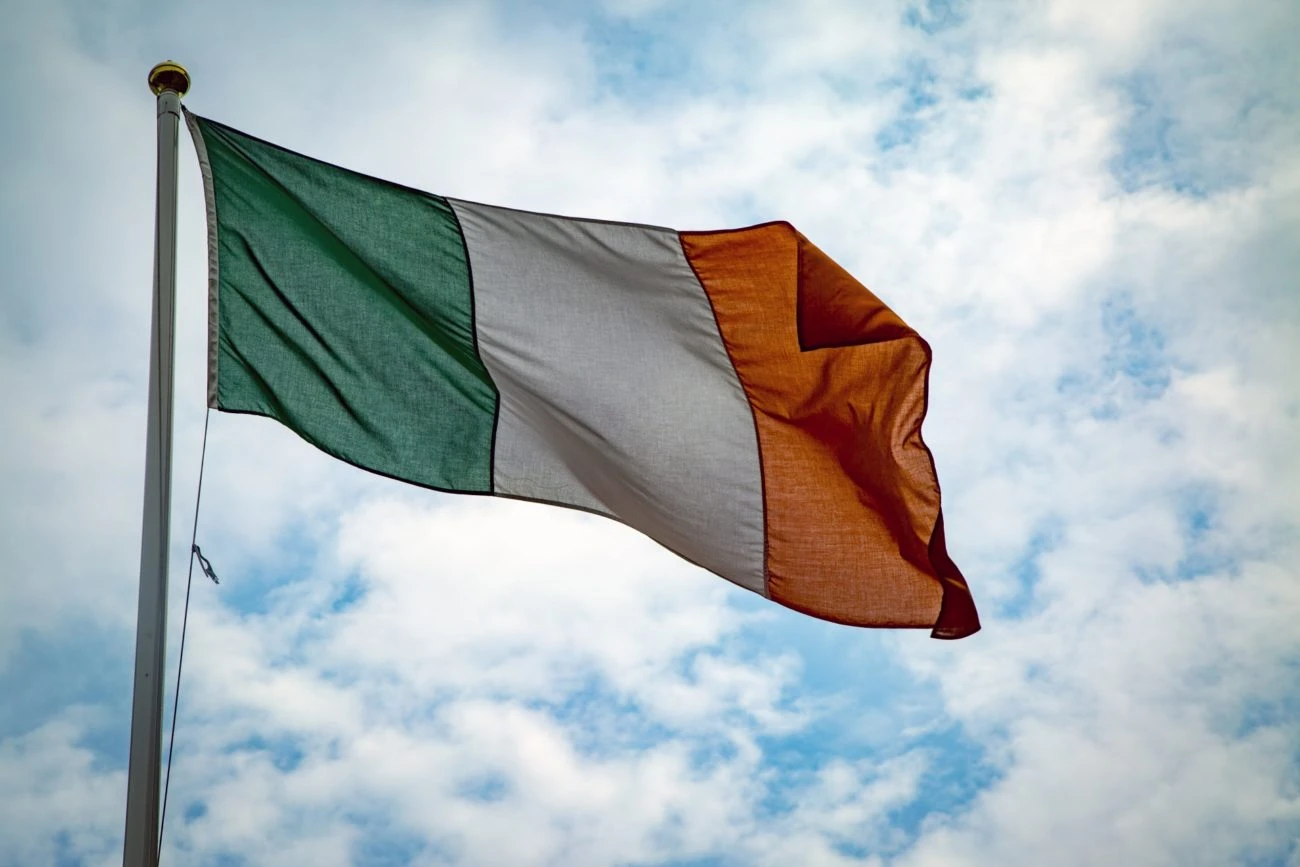Irish study questions bonuses’ impact on gambling behaviour

Offers such as bonuses and free bets increase the amount players spend on gambling by up to 11%, according to a new study of Irish consumers.
Backed by the Gambling Regulatory Authority of Ireland, the study focuses on the behaviour of males aged under 40. Results are based on a subject group of 622 players.
The study was run in the weeks before football’s Euro 2024 tournament. Those who took part were presented with various betting options and offers such as free bets and money back. They were then asked which they would be most likely to select in a real-world scenario.
Key findings included that players were likely to spend more if some form of inducement was available. Consumers spent around 11% more when presented with an offer or bonus than bets without, despite being offered the same betting odds.
Free bets drive higher gambling spend
Similar behaviour was not seen when players were faced with a so-called “bad bet”, where odds were worse than other bets. When presented with the same set of odds, players spent on average four times more when this was partnered with an offer.
An average of 27.2% of respondents opted for bad bets with a free bet attached, compared to 7.9% without. A similar split was noted for money back offers, with 19% opting for bonus-backed bets and 4.9% those without.
As to which type of inducement led to the highest increase in spend, the study highlighted free bets. The mean amount spent on bad bets with a free bet was just over €2, compared to less than €1.50 on money-back offers.
Could bonuses create more gambling harm?
The study also raised questions over the impact of bonus offers on those at risk of gambling harm. It based this on respondents’ Problem Gambling Severity Index (PGSI) score.
Those placed in the “Problem Gambling” category of PGSI were more likely to bet more on bonus-backed wagers. This was even clearer in the Moderate Evidence category, with inducement bets outscoring no-offer wagers by more than double.
Meanwhile, bonus-backed bets outscored no-offer wagers across all categories with bad bets. Bad bets drew an average of more than €2 in the Problem Gambling category, in contrast to less than 50 cents with standard wagers. Similar patterns were also noted in the Moderate Evidence, Some Evidence and No Evidence categories.
“Our findings add to growing evidence that inducements lead more people to gamble and gamblers to spend more, increasing financial losses for consumers and raising profits for operators,” the study concluded. “We also find that inducements disproportionately affect those with evidence of problem gambling.”
Researchers also urged lawmakers to consider adding more restrictions to inducements in gambling. The study highlighted how Spain caps bonus offers at €100 and that sign-up bonuses are banned in Spain.
“Inducements to gamble are not merely a marketing tool that operates like equivalent inducements in other consumer markets,” the study said. “The argument that inducements simply help consumers differentiate between operators does not apply; they do more than this.”
